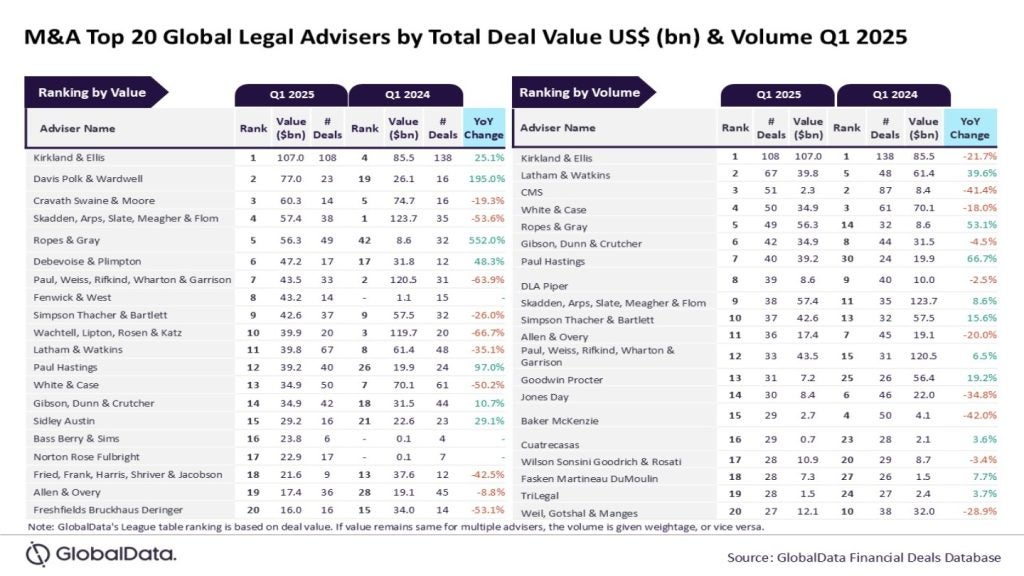 There has never been a more difficult time for Swiss private banks as they struggle with economic uncertainty and tightening regulation. Oliver Williams reports that Switzerland is looking to the Middle East, hoping that the strong ties will provide lifelines to pull them out of the mire
There has never been a more difficult time for Swiss private banks as they struggle with economic uncertainty and tightening regulation. Oliver Williams reports that Switzerland is looking to the Middle East, hoping that the strong ties will provide lifelines to pull them out of the mire
This time last year a PBI interview with Yves Mirabaud opened with the line, "If ever there was a challenging time to lead a Swiss bank, it is now".
One year on, after an endless parade of European summits, elections and bailouts, how are the Swiss banks coping and could Middle Eastern wealth help support a struggling industry?
Nicholas Pictet, chairman of the Swiss Private Bankers Association, dramatically summed up the Swiss dilemma: "Rarely in the past and certainly not in the last 30 years has the Swiss financial centre been through such a turbulent period as today," he said in his address to the General Assembly of the SPBA in Geneva earlier this year.
He went on to mention the three fundamental problems facing Swiss private banks: the debt crises, a strong Swiss franc and the Foreign Account Tax Compliance Act regulatory changes.
So, one year on, the hushed world of Swiss private banking faces perhaps an even greater dilemma than it did when PBI addressed the issue one year ago.
How can the centuries-old, family-run private banks welcome new wealth alongside regulation?
A recent trip to Geneva may have provided a few answers.
Mirabaud’s Dubai way
Mirabaud is one such bank that meets the Swiss stereotype.
Family run for over 200 years, it has not branched outside Geneva for much of its history.
Recent expansions into France and Spain have brought varied results.
Yves Mirabaud, Mirabauds senior partner, summed up the problem of attracting new European clients: "Many Europeans Spanish, Swiss, Greeks are taking their money out of Europe totally, totally openly. There is no secrecy at all."
Switzerland, France and Spain might be struggling, but Mirabauds Dubai branch is flourishing: in 2010 it upgraded its licence to allow the branch to offer custody, portfolio management and corporate finance services.
"We opened our office in Dubai in 2007 and it is doing very well," said Mirabaud.
New UCITS fund’s head and new emerging markets fund
Mirabauds growing Middle Eastern client base might also be the motive behind its new emerging markets fund.
Mirabaud has recruited an ex-BlackRock rising star, Daniel Tubbs, to head the long-only UCITS fund based in London.
With significant experience in Asian equities, Tubbs is eager to penetrate all emerging markets, "not just the 21 MSCI countries", he said, voicing an interest in the likes of Saudi Arabia and Kuwait, both attractive to Middle East investors.
The new fund is a logical expansion for the bank. "Our asset management division is experiencing growing success," commented Lionel Aeschlimann, partner and head of asset management at Mirabaud.
Eyeing the Middle East
Mirabaud is not the only private Swiss bank to venture into the Middle East.
Pictet & Cie and Banque Privée Edmond de Rothschild have both opened offices in Dubai in the past five years. Lombard Odier & Cie plans to double its assets held by Middle Eastern clients over the next five years.
This trend will only continue.
Boston Consulting Group reported a 14% increase in Middle Eastern and North African assets in Switzerland last year, and analyst WealthInsight has calculated 24% of Switzerlands $2.1trn offshore assets under management is sourced from the Middle East.
On Switzerlands future, WealthInsight reported: "As emerging Asian wealth is well covered by centres such as Singapore and Hong Kong, most new growth is likely to come from the Middle East, Africa and Latin America."
Ties between the Middle East and Switzerland, more specifically Geneva, are more than skin deep.
Muwaffak Bibi, Middle East and North African chairman at Citi Private Bank, told PBI, "Both London and Geneva will remain important [to Middle Eastern clients]. Clients have long-standing relationships in both cities. Geneva of course is a top private banking centre, and relationship-driven Middle Eastern families retain strong links to the city."
Liechtenstein and Singapore lead the competitors’ bunch
However, if Swiss banks can weather these successive storms, another ongoing concern is competition.
Neighbouring Liechtenstein has jumped ahead of the regulatory problem with its Liechtenstein Disclosure Facilities, which promise minimal tax penalties on disclosed assets.
Then there is Singapore, a burgeoning centre for wealth, where one in 30 individuals is a high net worth individual.
"By 2015, Singapore is expected to have gained significant ground on, and could even surpass, Switzerland as the worlds largest offshore financial centre," claims Andrew Amoils, an analyst with WealthInsight and co-author of a recent report, Singapore The Future of HNWIs to 2015: Emerging Global Capital of the Wealth Sector.
While legislation is forcing some banks to break from tradition, others, it seems, are actively pursuing new wealth across a competitive field.
For now, Middle East wealth might be the answer to Pictets problem, but future diversification will have a larger part to play.







